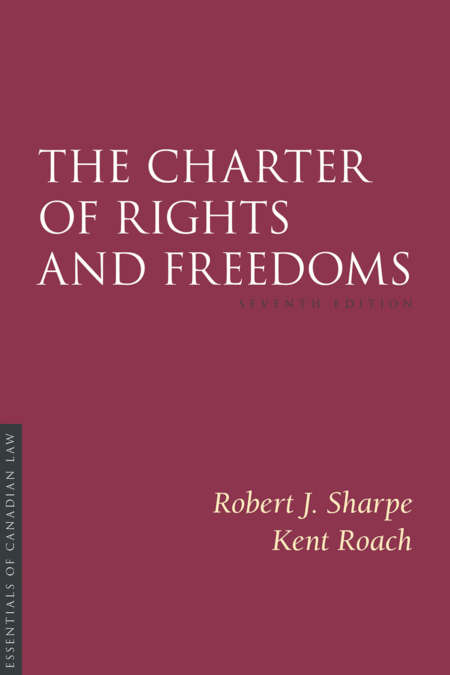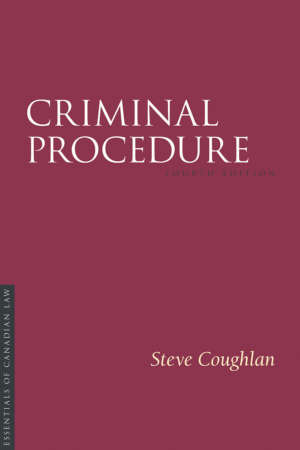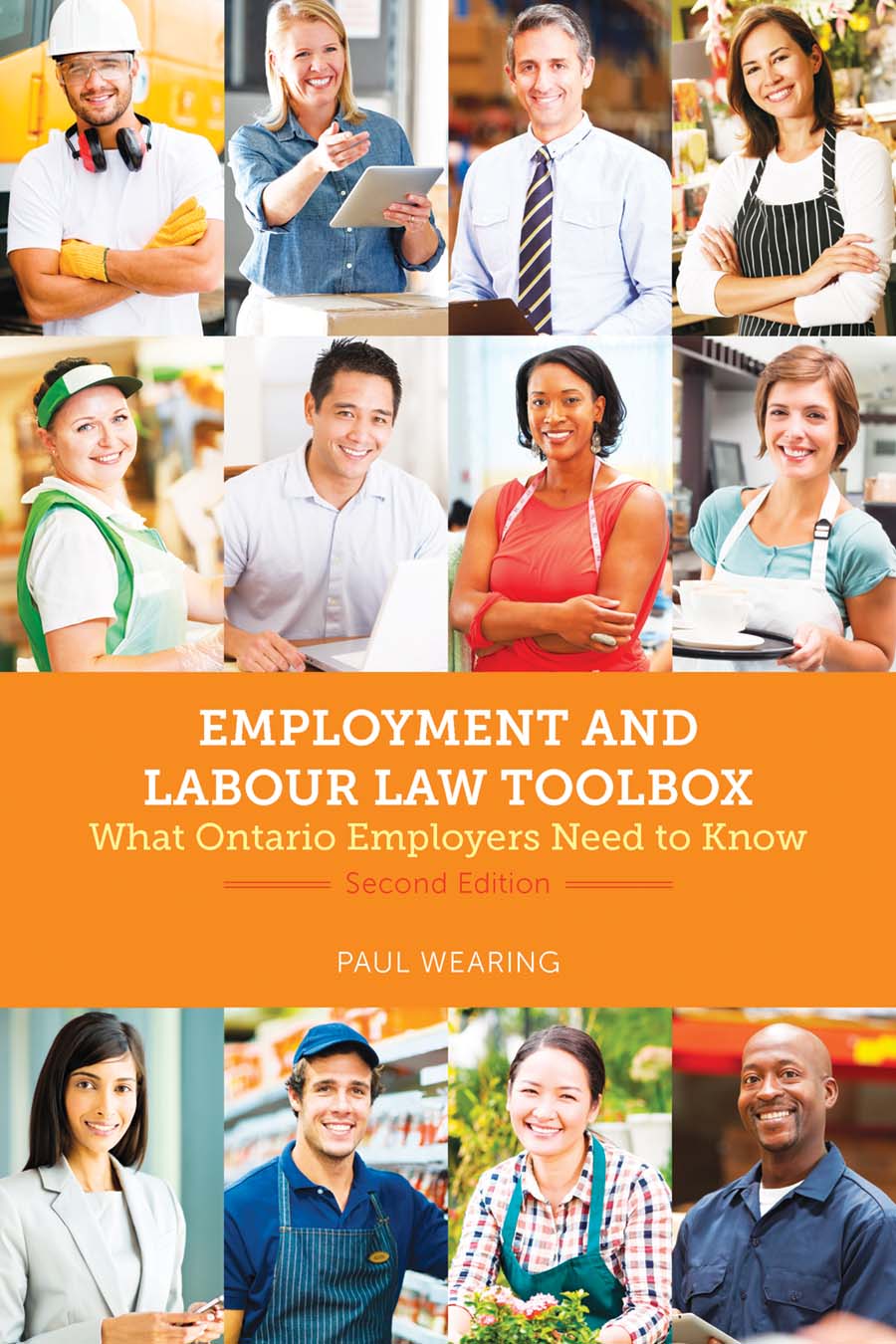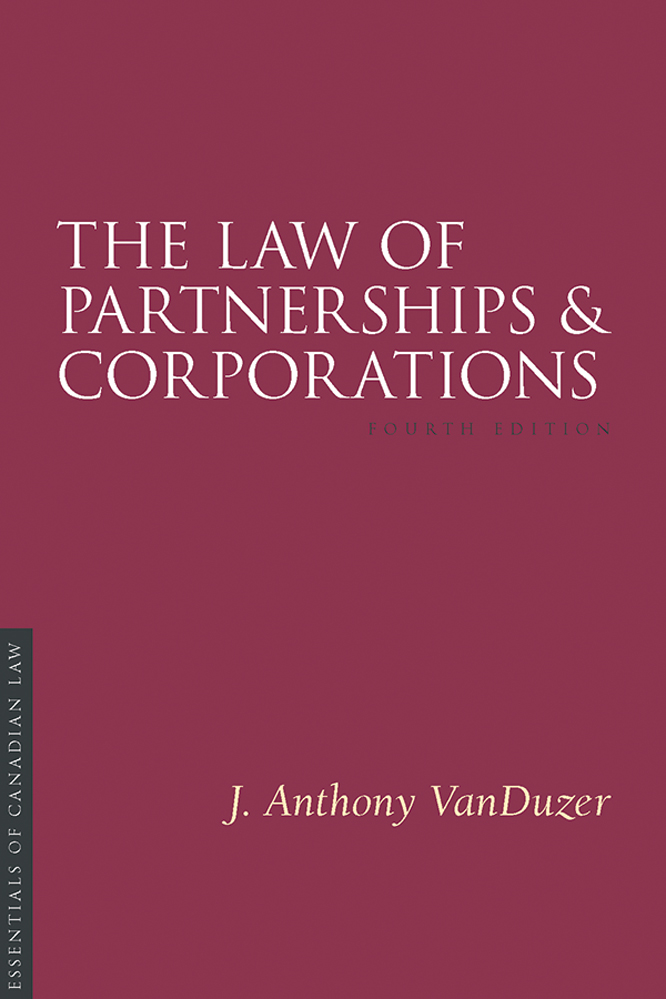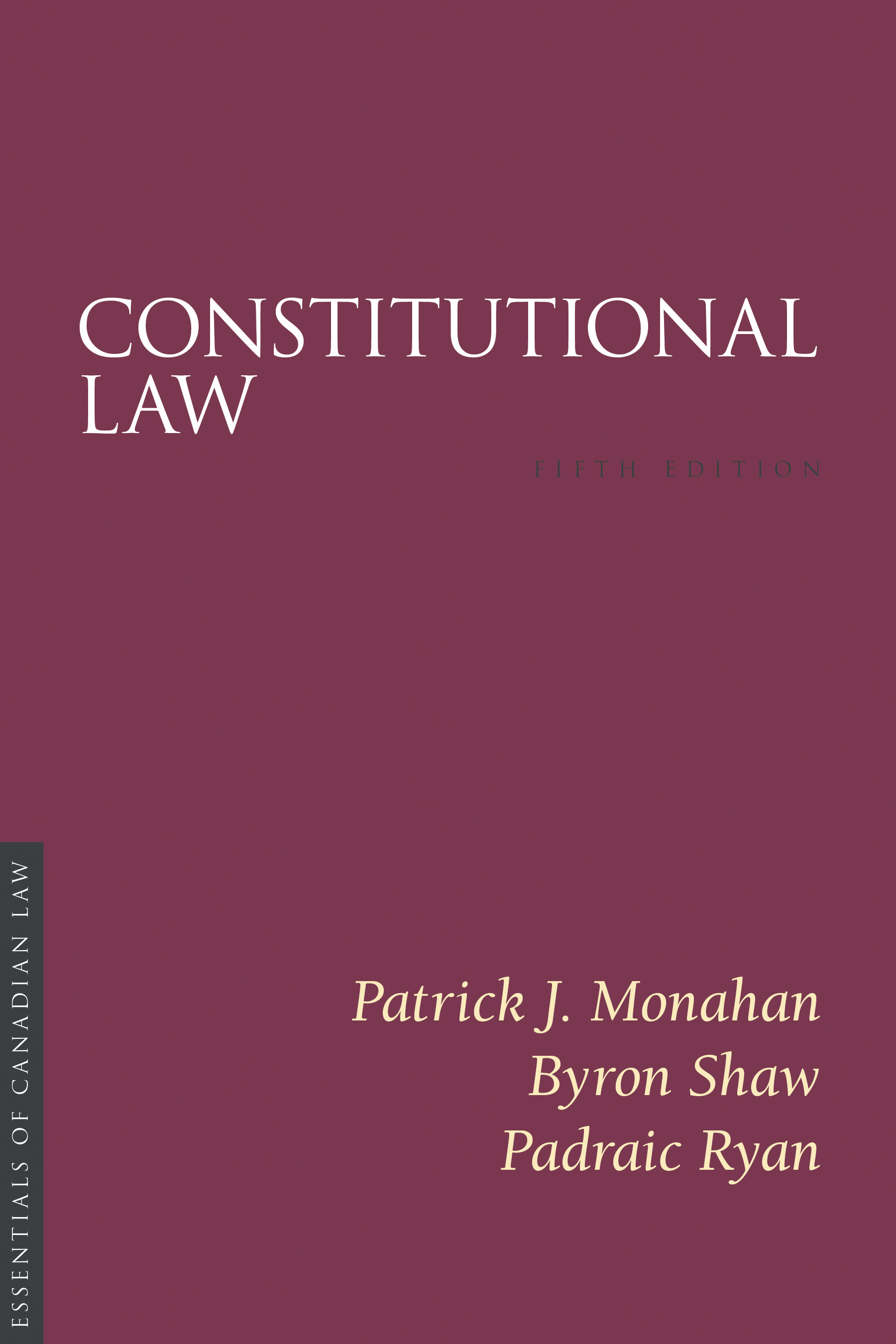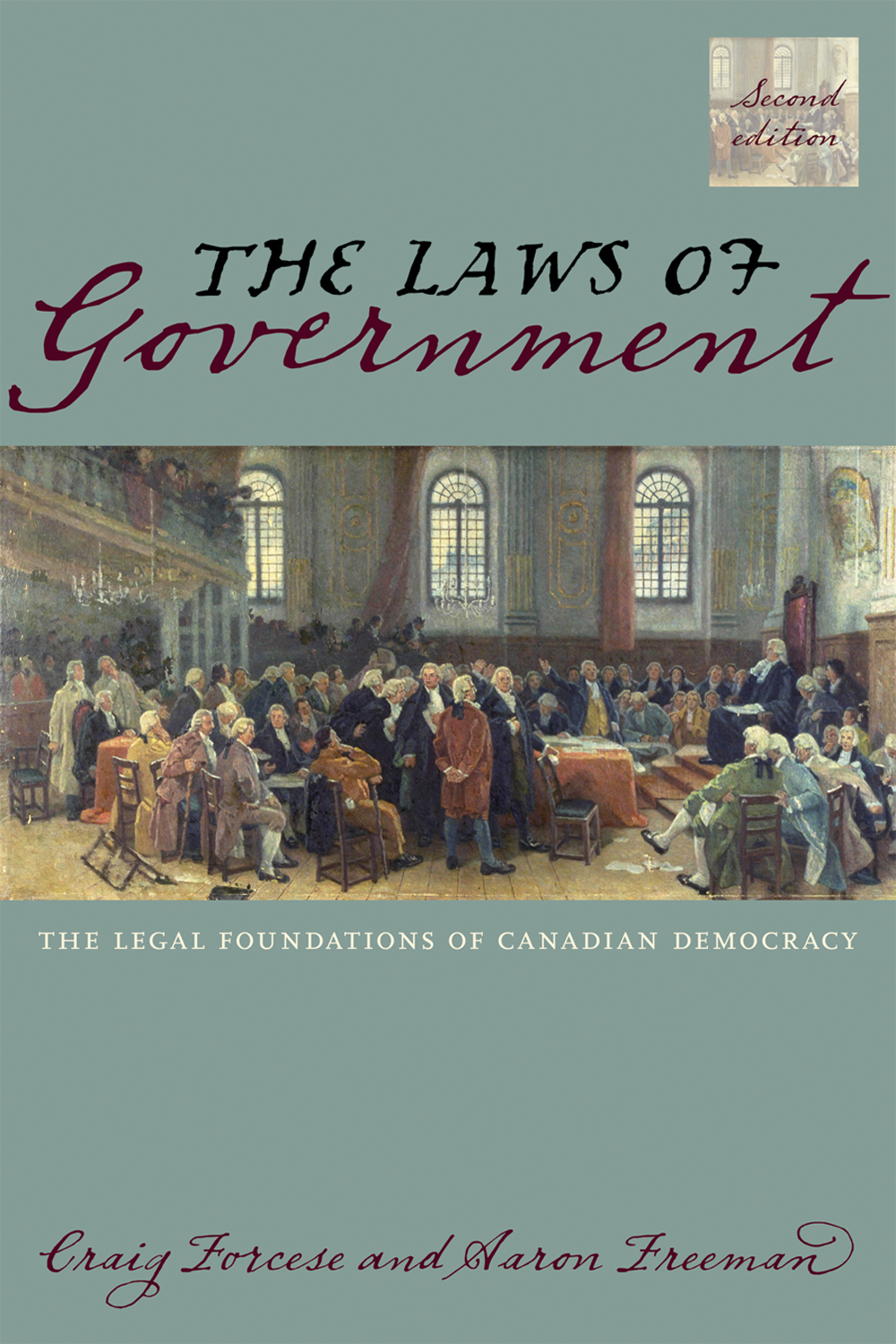Common law
8 definitions found for this term.
Definitions are presented in the order source books were published (most recent first).
Judge-made law, reflected by precedents established by the decisions of the courts, as distinct from statute law passed by the legislature. In all provinces other than Quebec, the primary source of private law is the common law.
Judge-made law, as distinct from laws set out in statutes or regulations.
Decided by judges, rooted in English history, applying custom, legal precedent (other judges’ decisions), and the interpretation of statutes.
The law in areas not governed by statute consisting of the accumulation of rules made in judicial decisions. Once a rule is applied in a particular case, it becomes a precedent: all courts lower in the judicial hierarchy are bound to decide all subsequent cases in a manner consistent with this rule. The application of the rule from the precedent case to different facts in subsequent cases clarifies and refines the rule. As a result of this binding character of precedent cases, it is often said that common law is made by judges.
In contrast to statute law, common law is law that relies for its authority on the decisions of the courts and is recorded in the law reports as decisions of judges, along with the reasons for their decisions.
The centuries-old, evolving body of judge-made precedent that governs a large part of legal relations in the Anglo-Saxon tradition and lies at the core of the law in nine of the ten provinces.
Judge-made law, used here to include rules of equity.

